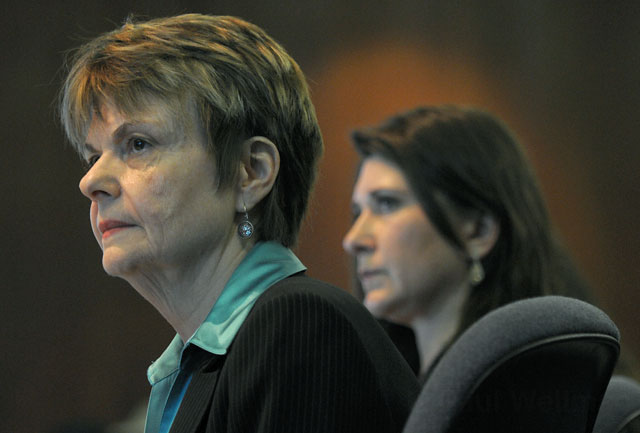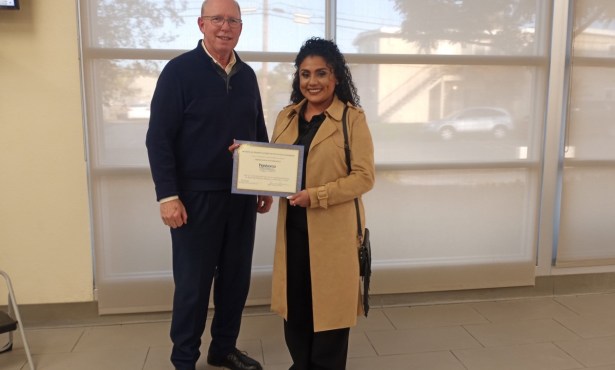Mending the Mental Health Department
Practical Solutions Outlined for Embattled Agency

Alcohol, Drug and Mental Health Services (ADMHS), the county department responsible for providing mental health treatment to MediCal beneficiaries (as well as the uninsured, to the extent it can), has long needed help, and the Board of Supervisors Tuesday seemed to say enough is enough.
When confronted with the news that department officials don’t know how to cover a more than $3-million deficit, the supervisors basically told them to figure it out, and figure it out while not cutting care for the indigent population the department serves. Additionally, the supervisors said, they’d like to establish a blue-ribbon commission made up of stakeholders outside of the department and outside of the Mental Health Commission to take a deep look into what has been plaguing ADMHS for years.
This came after a two-hour presentation to the board that focused a lot on finances but with little talk about actual performance measures. And when performance was talked about, it was scary. For instance, staff outlined a percentage of Medicare recipients who had exhausted their lifetime number of days they were eligible for care, a sign the system is not working as it should. “I’ve been listening to mental health problems for 14 years now, and things don’t seem to get much better,” 4th District Supervisor Joni Gray said.
ADMHS served 4,737 adults and 2,892 children last year, including treatment at department and CARES (Crisis and Recovery Emergency Services) clinics. The department submits nearly 300,000 claims to the state each year, and provisional reimbursements are given based on those claims.
Department officials will be back in front of the supervisors for a May update in advance of the June budget hearings as the county figures out how to deal with the fiscal side of things. The department is currently $6.4 million in the hole and expects to be at a $3.5-million deficit when the year ends. It sounds bad, but the department is actually on the mend from where it was four years ago and has made significant progress to right the ship, with the help of the Auditor-Controller’s Office.
Years down the road — as many as five or six years later — the state Department of Mental Health audits the reimbursements it gives out each year. And that’s when Santa Barbara’s troubles began, in 2007-2008, when county officials began to realize their missteps. From fiscal year 2002-2003 through fiscal year 2006-2007, the department had used incorrect billing methods, resulting in increased cash flow during those periods. But when it realized it had issues, the amount owed to the state quickly added up.
The department self-disclosed the billing problem to the state to the tune of $9.3 million. Furthermore, ADMHS had been billing a program known as MISC (Multi-Agency Integrated Service of Care) to MediCal, even though it wasn’t a billable MediCal program since a grant funding mental health services ran out. That left the department an additional $12.2 million in the hole. Combined with a $7-million budget shortfall and another $7.8 million in annual state cost settlements, the multiple issues added up to a $36.3-million bill for ADMHS director Dr. Ann Detrick and her crew to deal with.
The county is still in the process of appealing much of that tab and negotiating with the state on how much it still has to pay. The supervisors have been setting apart pieces of its reserve to pay off those bills once the time comes. The final tally should be clearer when ADMHS officials are back in front of the board in May.
Going forward, county officials continue to take a look at operational enhancements to keep up with changes at both the state and federal level. One suggestion on the table is combining ADMHS with the Public Health Department. There is a lot of overlap between the two, for example, when working with the chronically homeless, and efficiencies could possibly be achieved by a merger of the two departments, at a possible savings to the county.
There also is positive news from the federal government. The Affordable Care Act provides expansion of Medicaid to people with mental health issues who do not currently qualify for mental health MediCal. So the county could see more reimbursement dollars as a result of this change.



